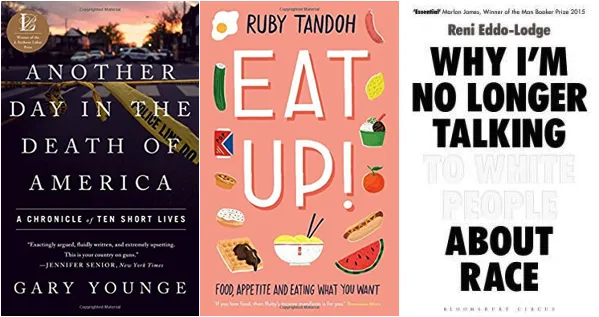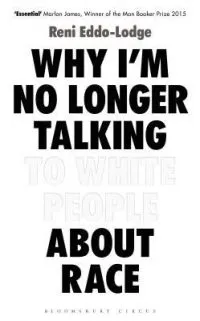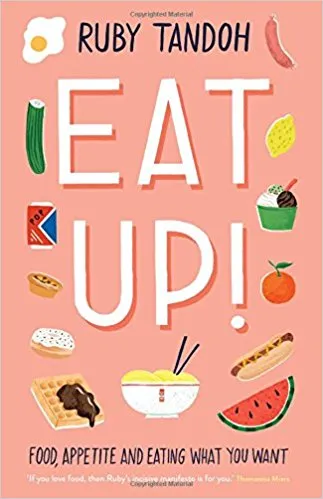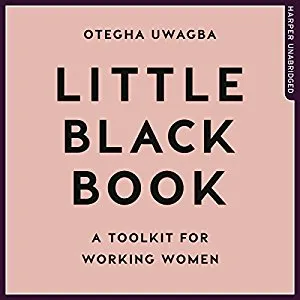
8 Black British Essayists to Add to Your Bookshelves
This content contains affiliate links. When you buy through these links, we may earn an affiliate commission.
Beulah Devaney is a travel writer and editor. @TheNotoriousBMD.
No matter how full your bookshelves or how precarious your to-read pile, it’s time to clear some space for these thought-provoking, gut-wrenching, mind-blowing Black British essayists.
Why I’m No Longer Talking to White People About Race originally appeared as a blog post on Reni Eddo-Lodge’s personal website. The hand-wringing and finger-pointing it inspired led to a publishing contract and one of the most fascinating dissections of race in Britain (especially the way it intersects with class and gender) that you’ll ever read.
After reaching the Great British Bake-Off finals at just 19, Ruby Tandoh went on to become one of Britain’s most eloquent and hilarious body-positive activists. Her latest book (Eat Up) is a joyous call to eat whatever we want; she can be found on Twitter calling out body-shamers and hypocritical celebrity chefs.
As the founder of the Women Who online community and the author of Little Black Book: A Toolkit For Working Women, Otegha Uwagba is a creative powerhouse. She regularly writes about work, fashion, race, and feminism of The Guardian, i-D, Elle, and It’s Nice That while also running freelancer networking events. Phew!
No matter how full your bookshelves or how precarious your to-read pile, it’s time to clear some space for these thought-provoking, gut-wrenching, mind-blowing Black British essayists.


 Reni Eddo-Lodge
Reni Eddo-Lodge Ruby Tandoh
Ruby Tandoh Otegha Uwagba
Otegha Uwagba






